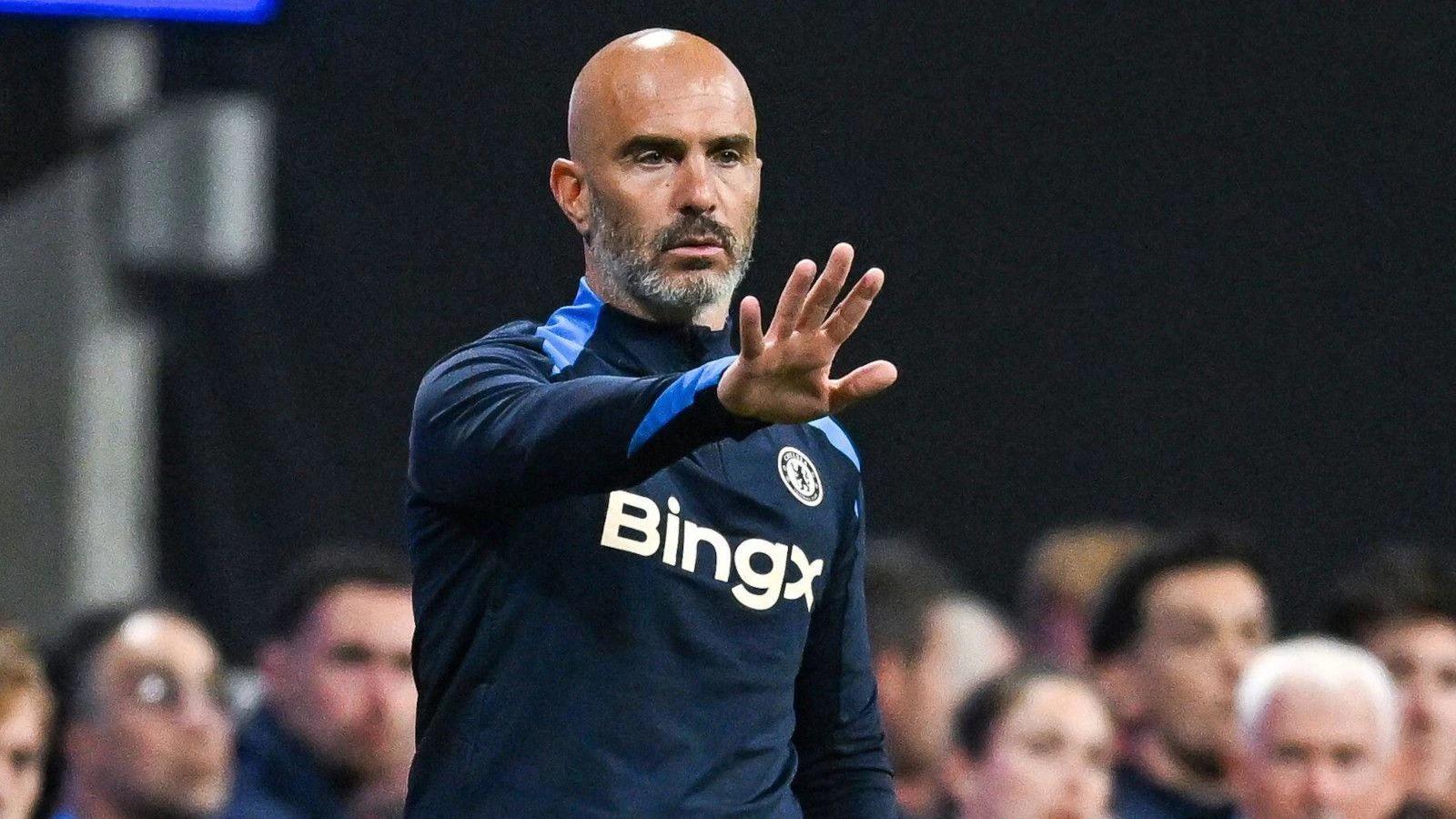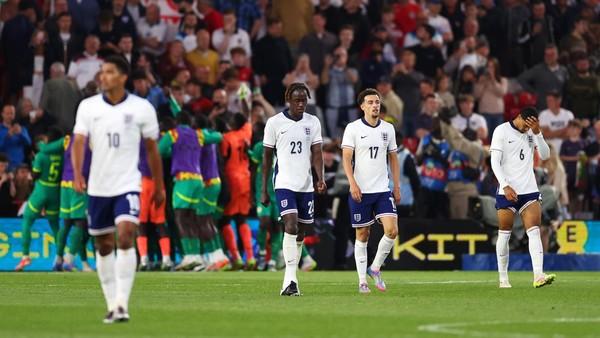Coach Thomas Tuchel Criticizes Levi Colwill’s Performance, Enzo Maresca Steps In to Force Apology
In a tense moment during England’s recent match, Coach Thomas Tuchel openly criticized defender Levi Colwill for a lapse in concentration that led to a goal. The incident occurred in the 62nd minute when Colwill was caught “out of position,” allowing Habib Diarra to score. England’s defense, which had been relatively solid up until that point, was suddenly breached, and Tuchel was quick to voice his displeasure.

Tuchel, known for his intense and direct approach to coaching, did not hold back in expressing his frustration with Colwill’s positioning. The criticism came after a period of increased pressure from the opposition, and the goal was seen as a significant moment in the match. Tuchel remarked that Colwill had “lost his shape” and allowed Diarra to exploit the gap in England’s defense. The German coach made it clear that he expected better from his players, particularly in such crucial defensive moments.
However, the situation took an unexpected turn when Enzo Maresca, the assistant coach, intervened in the aftermath of the criticism. Maresca, who has earned a reputation for his calm demeanor and diplomatic approach, immediately stepped in to defuse the tension. Recognizing that Tuchel’s public reprimand could harm Colwill’s confidence and morale, Maresca insisted that Tuchel personally apologize to the young defender for his harsh words.

In a rare moment of humility, Tuchel complied with Maresca’s request, offering a direct apology to Colwill. Sources close to the team have revealed that Tuchel’s apology was sincere and aimed at restoring the player’s confidence. The exchange between the two coaches highlighted the balance that must be maintained between accountability and support in the high-pressure environment of professional football.
The apology, while necessary, also sparked a broader conversation about the dynamics of coaching and player management. While it is crucial for coaches to demand high standards from their players, it is equally important to ensure that criticism does not undermine their performance or mental state. Maresca’s intervention showcased a key aspect of leadership in football—knowing when to offer support and when to stand firm in the face of mistakes.

For Colwill, the episode provided a valuable learning experience. The young defender, who has been praised for his potential, is still developing and facing the intense scrutiny that comes with playing at the highest level. Despite the criticism, Colwill remains a key player for both his club and the national team, and Tuchel’s apology will likely serve as a reminder that mistakes are part of the learning process.
In conclusion, the situation between Tuchel, Colwill, and Maresca has highlighted the importance of maintaining a supportive environment in professional football. While criticism can be constructive, it is essential for coaches to approach it with care, especially when dealing with younger, developing players. The intervention of Enzo Maresca not only diffused the immediate tension but also ensured that Levi Colwill could move forward without being weighed down by the harsh words of his coach. As England prepares for upcoming challenges, this incident will likely be seen as a reminder of the delicate balance between discipline and support within a successful team.